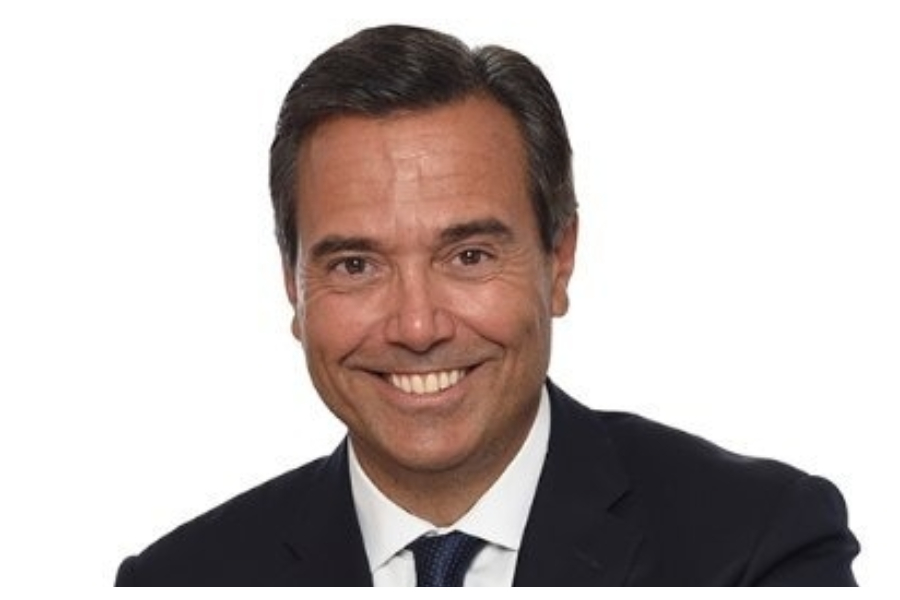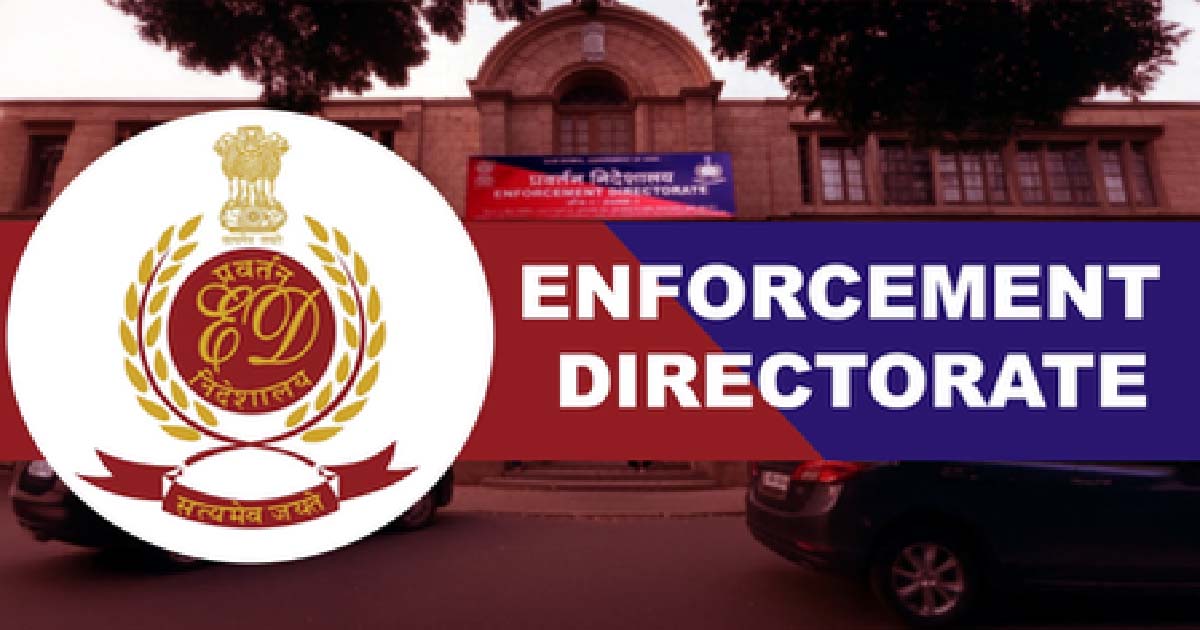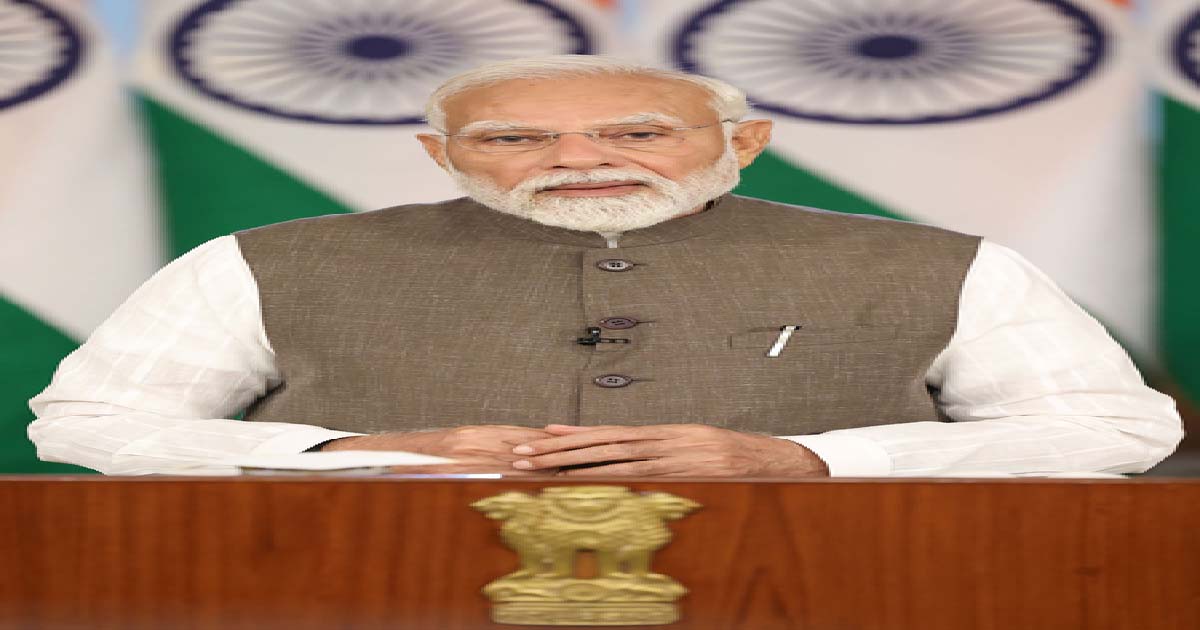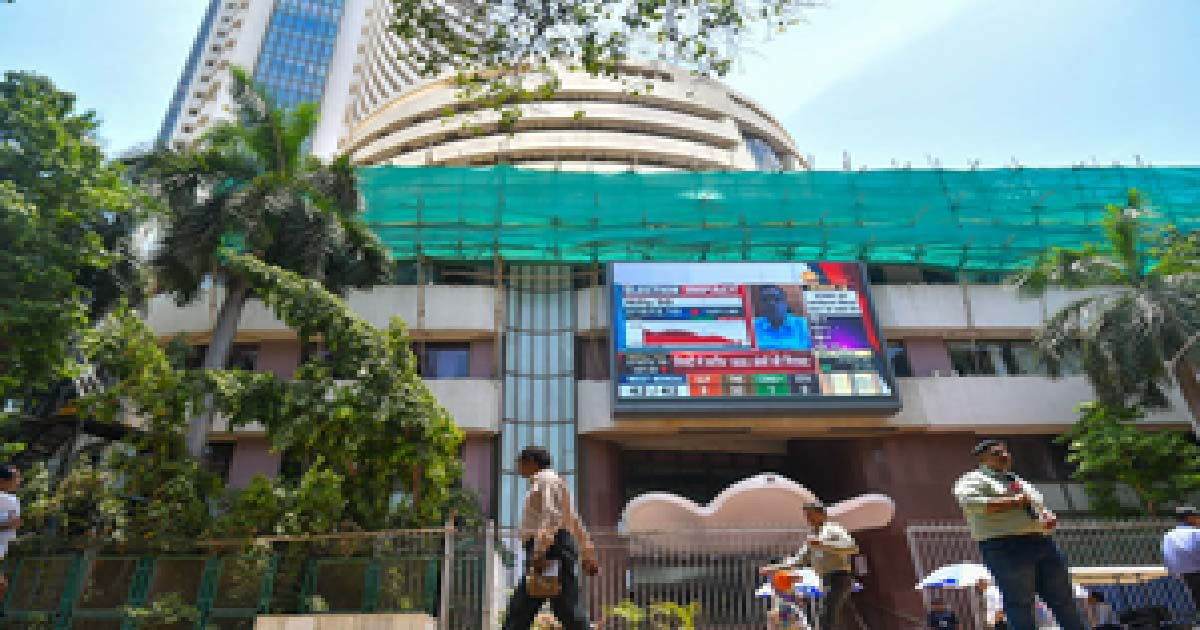Business
Credit Suisse chief resigns after attending Wimbledon in breach of Covid rules

Antonio Horta-Osorio, Chairman of the global banking giant Credit Suisse, has resigned with immediate effect after he was reportedly found to have broken the UK’s Covid-19 quarantine rules, the BBC reported.
A former boss of Lloyds Banking Group, Horta-Osorio joined Credit Suisse after a series of scandals at the Swiss bank.
After being the chairman of Credit Suisse for just eight months, he has now been replaced by board member Axel Lehmann.
“I regret that a number of my personal actions have led to difficulties for the bank and compromised my ability to represent the bank internally and externally,” Horta-Osorio said in a statement issued by the bank.
“I therefore believe that my resignation is in the interest of the bank and its stakeholders at this crucial time,” he added.
A preliminary investigation by Credit Suisse had found that Horta-Osorio reportedly attended the Wimbledon tennis finals last July when the UK’s Covid-19 rules required him to be in quarantine, the report said.
He was brought in to lead Switzerland’s second-largest bank to help clean up a corporate culture marred by its involvement with collapsed investment company Archegos and insolvent supply chain finance firm Greensill Capital.
In February 2020, then-Credit Suisse chief executive Tidjane Thiam resigned after a scandal revealed the bank had spied on senior employees, the report said.
Business
ED arrests Jaypee Group chief Manoj Gaur in money laundering case

New Delhi, Nov 13: The Enforcement Directorate (ED) has arrested Manoj Gaur, Managing Director of Jaypee Infratech Limited, in a money laundering case linked to the alleged siphoning of money paid by homebuyers for the construction of flats, according to sources on Thursday.
The Enforcement Directorate had in May carried out searches at 15 premises linked to Manoj Gaur’s flagship real estate development companies — Jaypee Infratech Ltd., and Jayprakash Associates Ltd, as well as their associated entities.
During the operation, officials seized hard cash to the tune of Rs 1.7 crore, along with financial records, digital data, and property documents registered in the names of promoters, their family members, and group companies.
The raids were carried out across Delhi, Mumbai, Noida, and Ghaziabad as part of an ongoing investigation under the Prevention of Money Laundering Act (PMLA).
IDBI Bank had first filed a petition against Jaypee Infratech Limited (JIL) in the National Company Law Tribunal (NCLT), Allahabad, after JIL defaulted on a payment of over Rs 526 crore. The NCLT initiated the insolvency process on August 9, 2017.
The insolvency case gained national attention due to over 21,000 homebuyers who had booked flats in JIL projects being left in the lurch as money had been diverted from construction projects, primarily in Wish Town, Noida.
The Supreme Court intervened to protect their interests, eventually leading to an amendment to the IBC that classified homebuyers as financial creditors, giving them a vote in the resolution process.
The case involved extensive legal proceedings, including disputes over transactions where JIL’s assets were mortgaged to secure the debts of its parent company, Jaiprakash Associates Limited (JAL).
After several rounds of bidding, the National Company Law Appellate Tribunal (NCLAT) approved a resolution plan submitted by the Suraksha Group in May 2024. Under this plan, Suraksha is to complete the unfinished projects and pay enhanced compensation to farmers as part of the land acquisition terms.
Business
Latest Cabinet decisions to ensure global competitiveness, boost self-reliance: PM Modi

New Delhi, Nov 13: Prime Minister Narendra Modi on Thursday said that the latest Union Cabinet decisions will ensure global competitiveness for the Indian exporters, while bolstering sustainability and self-reliance for domestic companies, especially MSMEs.
The Union Cabinet, chaired by PM Modi, on Wednesday approved the Export Promotion Mission (EPM), with an outlay of Rs 25,060 crore, to strengthen India’s export ecosystem. The flagship initiative was announced in the Union Budget 2025-26 to strengthen India’s export competitiveness, particularly for MSMEs, first-time exporters, and labour-intensive sectors.
“Ensuring ‘Made in India’ resonates even louder in the world market! The Union Cabinet approved the Export Promotion Mission (EPM), which will improve export competitiveness, help MSMEs, first-time exporters and sectors that are labour-intensive. It brings together key stakeholders to build a mechanism that is outcome based and effective,” PM Modi said in a post on the X social media platform.
The Cabinet also approved the introduction of the Credit Guarantee Scheme for Exporters for providing 100 per cent credit guarantee coverage to member lending institutions for extending additional credit facilities up to Rs 20,000 crore to eligible exporters, including MSMEs.
“The Credit Guarantee Scheme for Exporters which has been approved by the Cabinet will boost global competitiveness, ensure smooth business operations and help realise our dream of an Aatmanirbhar Bharat,” said the Prime Minister.
In yet another important decision, the Union Cabinet approved the rationalisation of royalty rates for four critical minerals — graphite, caesium, rubidium, and zirconium. The royalty rates have been specified or revised as follows: caesium and rubidium will each attract a 2 per cent royalty based on the average sale price (ASP) of the respective metal contained in the ore produced.
PM Modi said that this Cabinet decision “will boost sustainability and self-reliance. It will strengthen supply chains and create job opportunities as well”.
An increase in indigenous production of these minerals would lead to a reduction in imports and supply chain vulnerabilities, and also generate employment opportunities in the country.
Business
Sensex, Nifty open marginally lower amid mixed global cues

Mumbai, Nov 13: The Indian benchmark indices opened in mild red zone on Thursday, amid mixed global cues and persistent selling by foreign institutional investors (FIIs).
As of 9.25 am, Sensex declined 68 points, or 0.08 per cent at 84,398 and Nifty dipped 15 points, or 0.05 per cent to 25,860.
The broadcap indices performed in line with the benchmarks, with the Nifty Midcap 100 down 0.13 per cent and the Nifty Smallcap 100 dipped 0.27 per cent.
Tata Steel, Hindalco and Dr Reddy’s Labs were among the major gainers in the Nifty Pack, while losers included Bajaj Finance, Apollo Hospitals, Shriram Finance and TCS.
All the sectoral indices were trading in green except FMCG (down 0.78 per cent), IT and private bank. Nifty Metal was the standout gainer up 1.52 per cent.
A possible India-US trade deal that removes penal tariffs and reduces reciprocal tariffs is an important economic factor that should be watched for, said analysts.
The decline in October retail inflation in India to 0.25 per cent indicates the possibility of a rate cut from the RBI MPC in December. But the monetary policy transmission turning weak has become a challenge for the RBI, they added.
Analysts placed immediate resistance for Nifty at 25,950, followed by 26,000, and support at 25,700 and 25,750 zones.
Most of the Asia-Pacific markets rose in early trading sessions after US House of Representatives passed a short-term funding bill to end the longest federal shutdown on record.
The US markets ended in green zone overnight as the S&P 500 added 0.06 per cent, and the Dow inched up 0.68 per cent. However, Nasdaq continued its decline, slipping 0.26 per cent.
In Asian markets, China’s Shanghai index added 0.3 per cent, and Shenzhen inched up 1.62 per cent, Japan’s Nikkei advanced 0.2 per cent, while Hong Kong’s Hang Seng Index eased 0.45 per cent. South Korea’s Kospi declined 0.17 per cent.
On Wednesday, foreign institutional investors (FIIs) sold equities worth Rs 1,150 crore, while domestic institutional investors (DIIs) were net buyers of equities worth Rs 5,127 crore.
-

 Crime3 years ago
Crime3 years agoClass 10 student jumps to death in Jaipur
-

 Maharashtra1 year ago
Maharashtra1 year agoMumbai Local Train Update: Central Railway’s New Timetable Comes Into Effect; Check Full List Of Revised Timings & Stations
-

 Maharashtra1 year ago
Maharashtra1 year agoMumbai To Go Toll-Free Tonight! Maharashtra Govt Announces Complete Toll Waiver For Light Motor Vehicles At All 5 Entry Points Of City
-

 Maharashtra1 year ago
Maharashtra1 year agoFalse photo of Imtiaz Jaleel’s rally, exposing the fooling conspiracy
-

 National News1 year ago
National News1 year agoMinistry of Railways rolls out Special Drive 4.0 with focus on digitisation, cleanliness, inclusiveness and grievance redressal
-

 Maharashtra12 months ago
Maharashtra12 months agoMaharashtra Elections 2024: Mumbai Metro & BEST Services Extended Till Midnight On Voting Day
-

 National News1 year ago
National News1 year agoJ&K: 4 Jawans Killed, 28 Injured After Bus Carrying BSF Personnel For Poll Duty Falls Into Gorge In Budgam; Terrifying Visuals Surface
-

 Crime1 year ago
Crime1 year agoBaba Siddique Murder: Mumbai Police Unable To Get Lawrence Bishnoi Custody Due To Home Ministry Order, Says Report


















